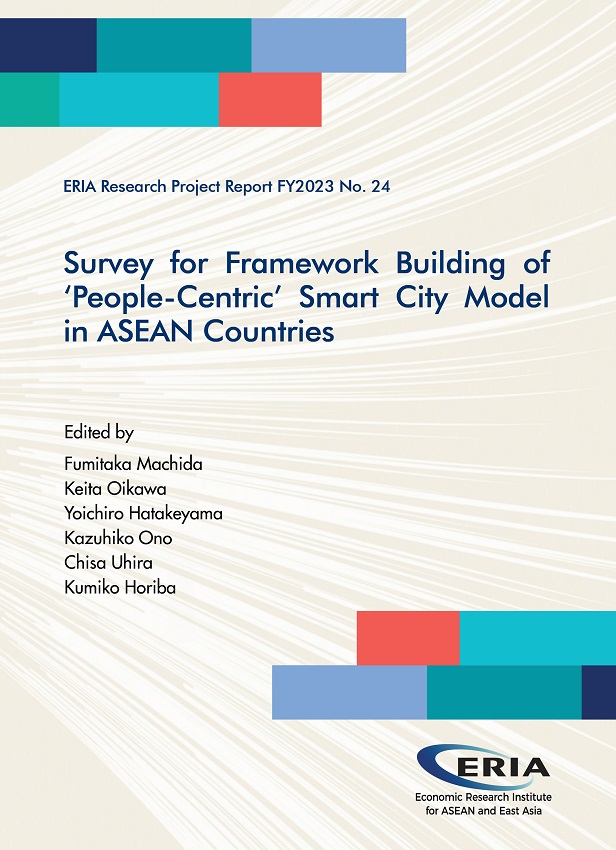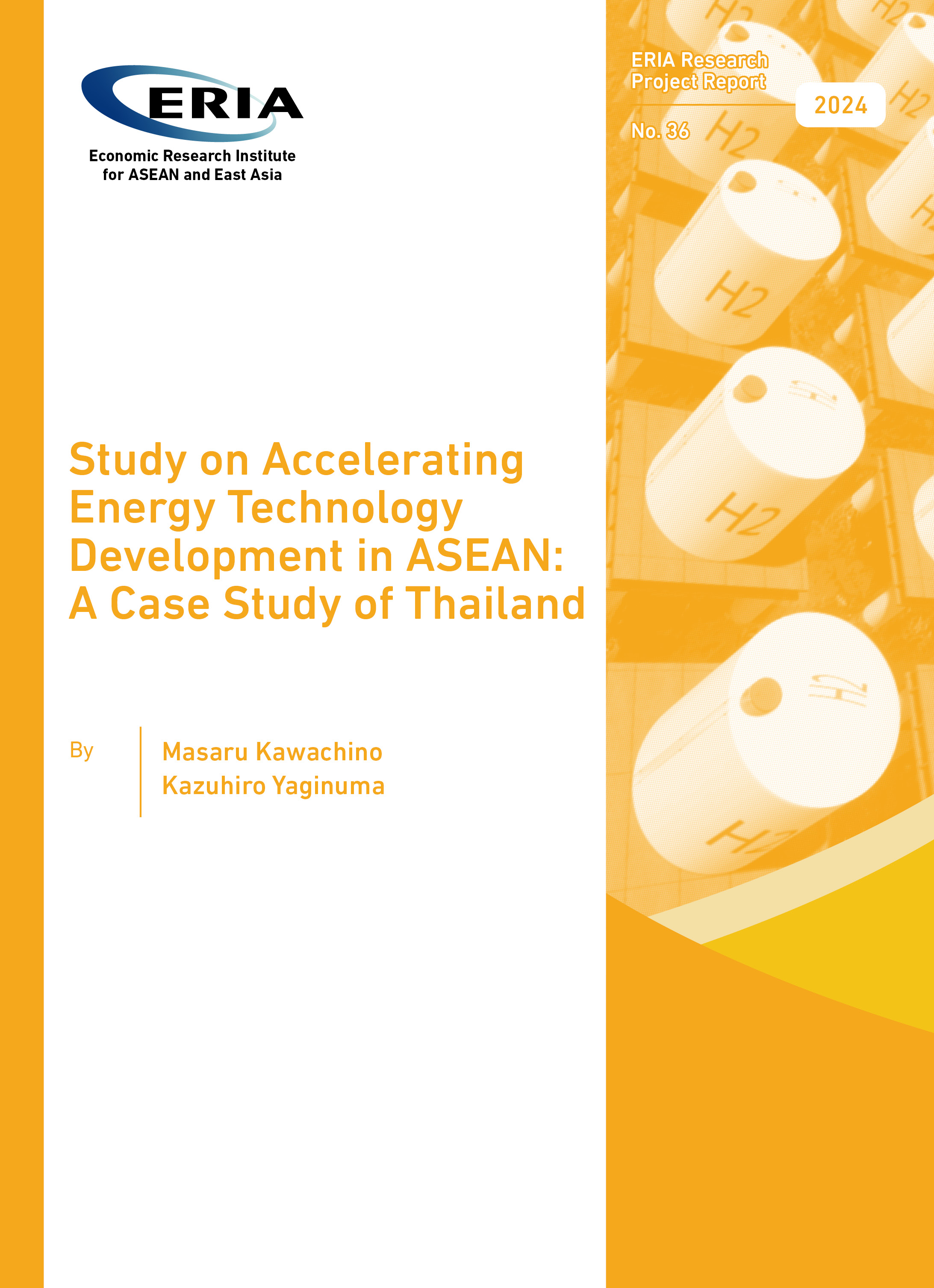Survey for Framework Building of ‘People-Centric’ Smart City Model in ASEAN Countries

Date:
5 February 2024Category:
ASEAN, Infrastructure, Innovation and Technology, Regulation and Governance, Urban DevelopmentType:
Research Project ReportsTags:
policy, urban policies, infrastructure, technologyPrint Article:
The ultimate objective of urban policies is to enhance citizens' attachment to their city and overall well-being. While ASEAN policymakers traditionally emphasise convenient infrastructure for citizen happiness, this study emphasises psychological and social factors, such as multicultural connections, healthy living with hobbies, and family relationships, as significant contributors to well-being. The recommendation is for ASEAN to transition towards 'People-Centric' Smart Cities (PCSC), prioritising social factors and involving citizens in urban development. The study identifies six citizen clusters, with 'Active citizens for self-development and interest' and 'Active citizens for community' exhibiting high participation awareness, forming a foundation for promoting PCSC in ASEAN. Challenges include reassessing the relationship between well-being and urban policies, fostering collaboration, integrating information effectively, and addressing funding issues. Three key recommendations involve researching PCSC cases in Singapore, executing Proof of Concept in Thailand, Indonesia, and the Philippines, and establishing a framework for subjective indicators.




